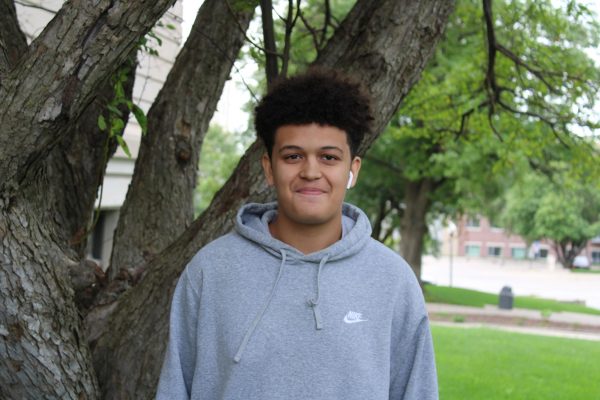Climate change symptom of global inequality
April 30, 2019
The cost of climate change for the United States will be massive. The record floods across Nebraska and the Midwest should serve as an indication of the years to come as severe weather becomes more common and temperatures continue to rise. But as much as it will affect the United States, it is important to understand that the people who will be hurt most by climate change are not in the U.S., or any other developed nation. The victims of climate change will predominantly be in underdeveloped countries that contribute very little to the problem yet will have to face the brunt of the consequences.
According to a 2016 study, of the countries that contribute the most to climate change, the vast majority are among the least vulnerable to its effects, while the countries that contribute the least tend to be most vulnerable. The article described countries like the U.S., Australia and much of Europe as “manifestly free riders,” forcing the consequences of climate change upon the world while bearing relatively little of the burden.
Countries like Guatemala and Haiti lack the resources of these developed countries, meaning that have lower greenhouse gas emissions, but also that they are ill-equipped to deal with devastating effects of climate change. When a rich country is faced with a climate disaster, it generally has the resources to recover and the infrastructure to mitigate the damage; no such capability or structure exists in poor countries.
In addition to the simple economic factors that drive this inequality, there is the fact that much of the population of less developed countries lives in coastal regions where they are most vulnerable to rising sea levels. Not only will this force people to move inland and destroy agriculture, but it will contaminate sources of fresh water and cause the transmission rates of water-borne diseases like Cholera and Typhoid to increase drastically. Droughts too, will predominantly affect the poor who are the primary inhabitants of vulnerable regions.
These effects will undoubtedly lead to a massive wave of emigration from the most affected countries by people looking for someplace safe to stay. They may seek asylum in more developed countries, the ones that were the primary contributors to the problem in the first place. However, as of yet, the status of “climate refugee” does not exist, so these countries would be unlikely to accept them. It wouldn’t be the first time the U.S. has refused to help those suffering as a direct result of the instability it helped create.
When we talk about climate change, we have to recognize that the decision our country makes regarding how it handles its carbon emissions affects not only ourselves, but the world at large, and primarily those who are most poor and vulnerable. We must furthermore understand that it is not somehow “unfair” for the U.S. to take steps to limit its contributions to climate change – in fact, to do otherwise would be deeply cruel and unjust. Finally, we should recognize that it is not merely ignorance that is behind climate inaction. Those who contribute the most to climate change, both on an individual and international scale, know that their actions will have devastating consequences, but also that they will not be the ones to face the most horrific of them.














